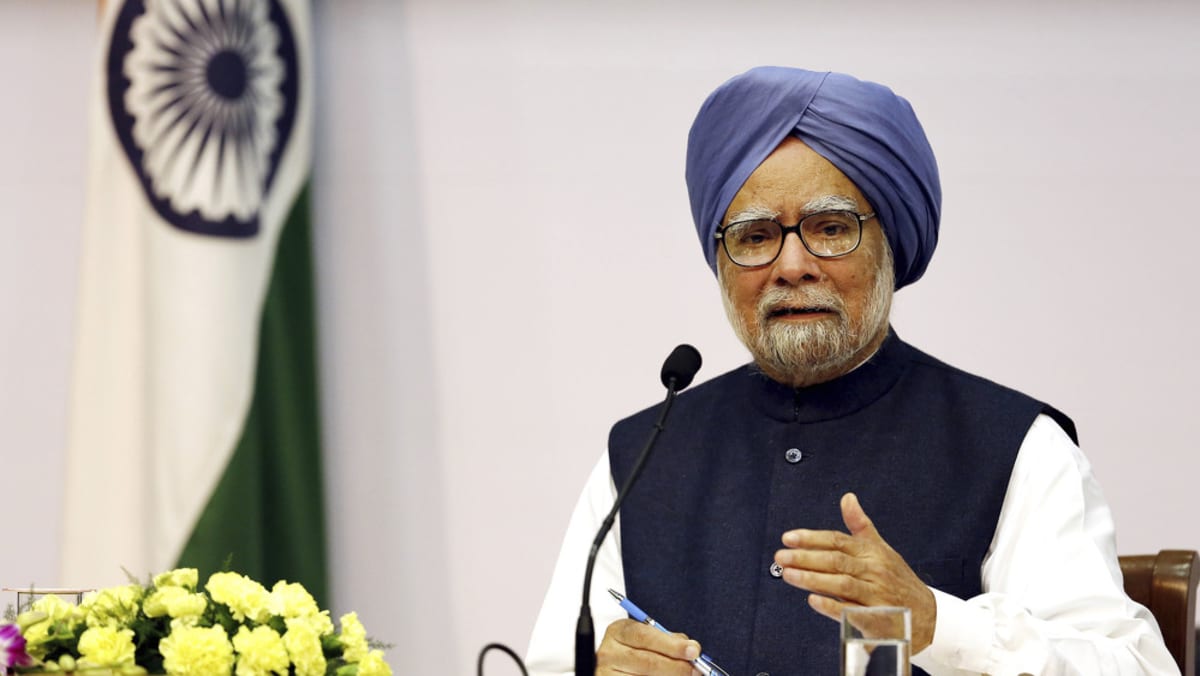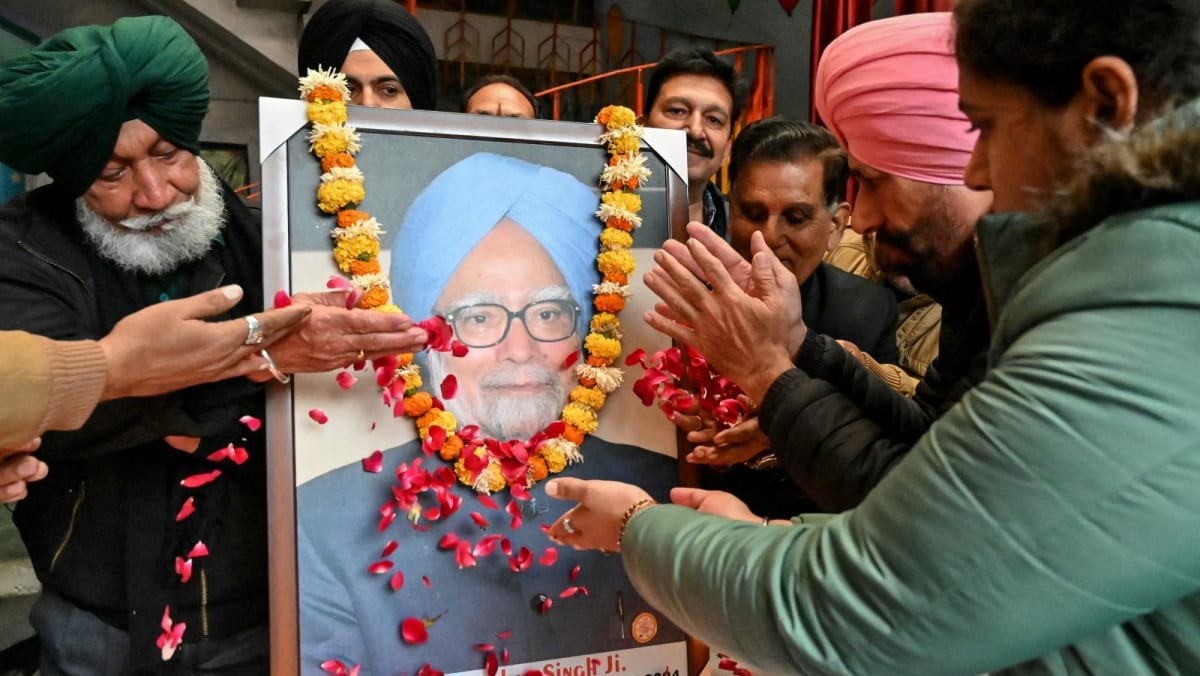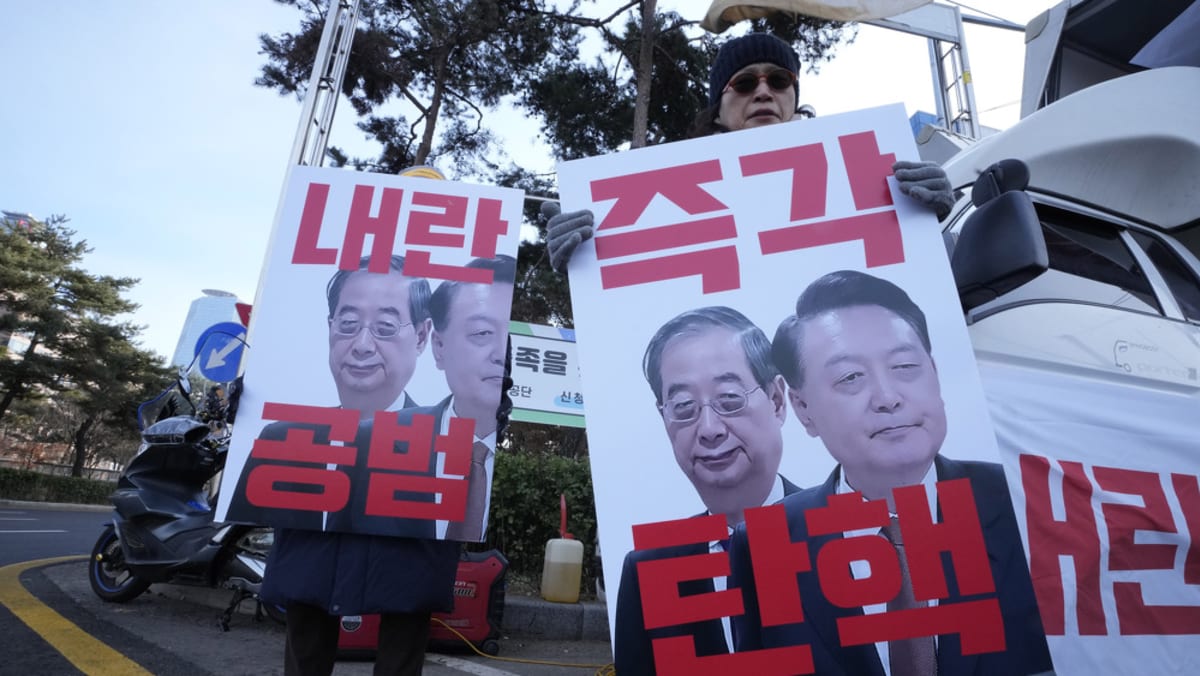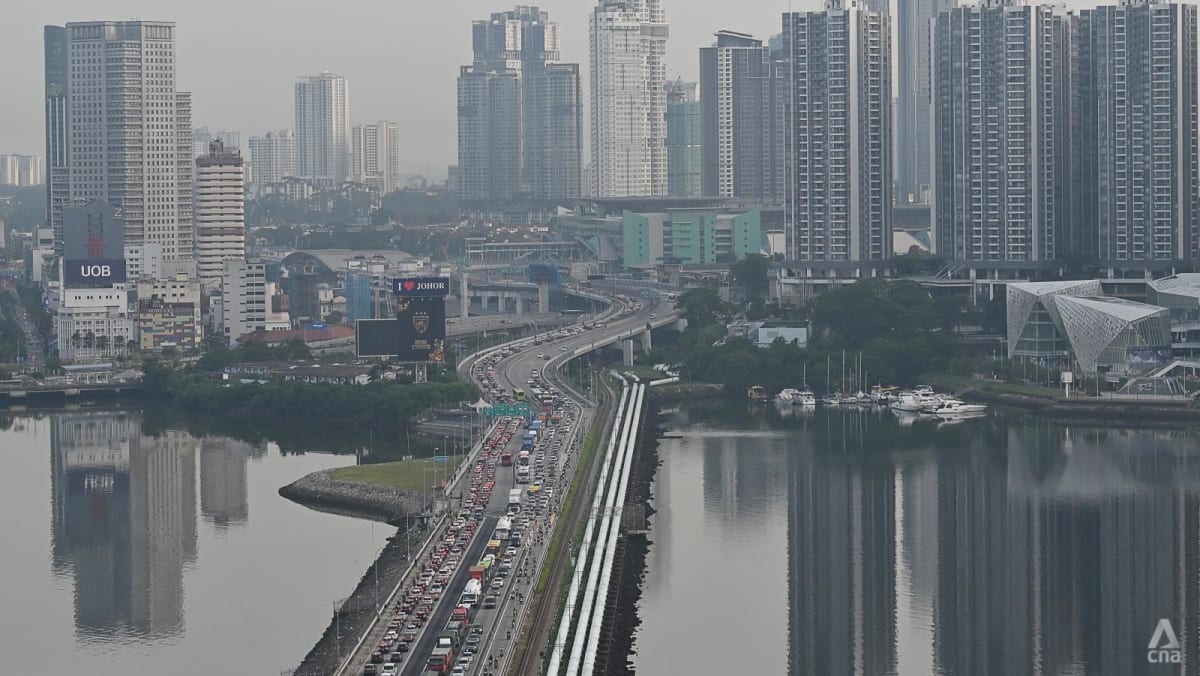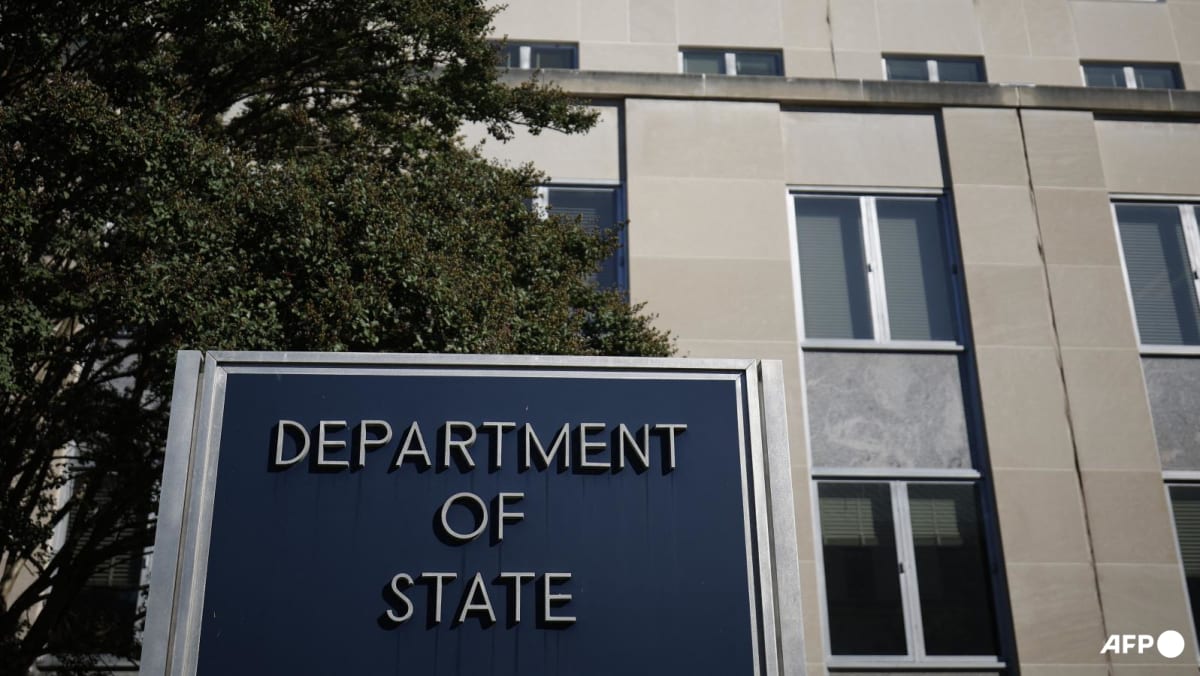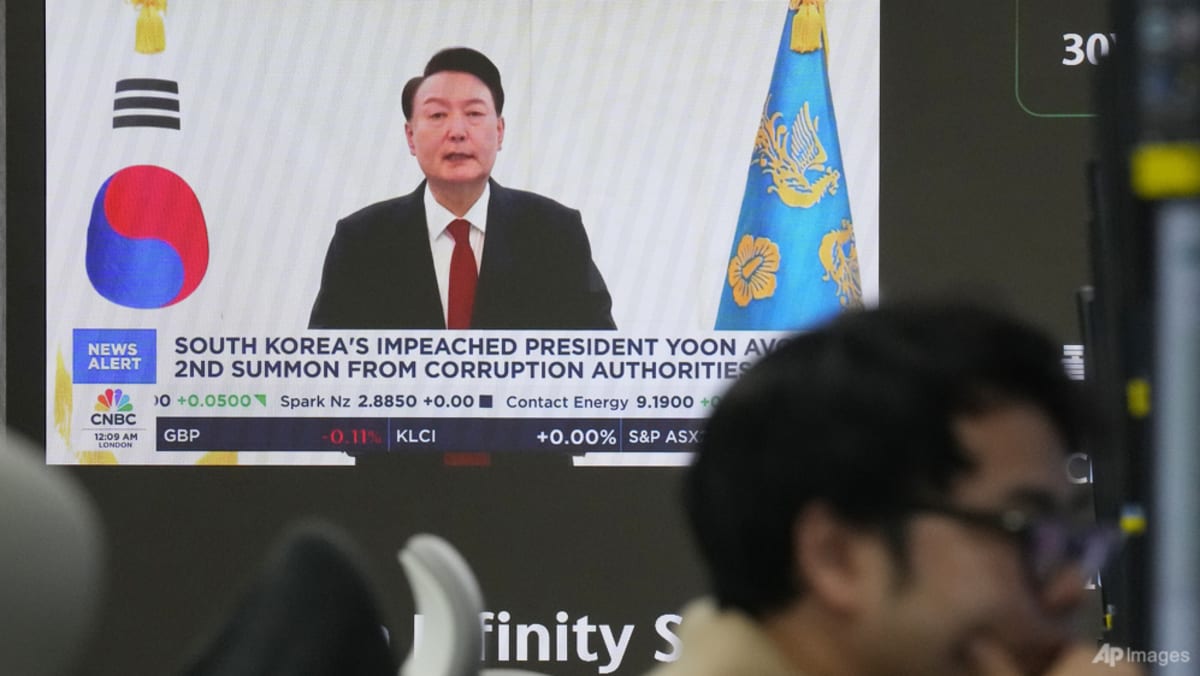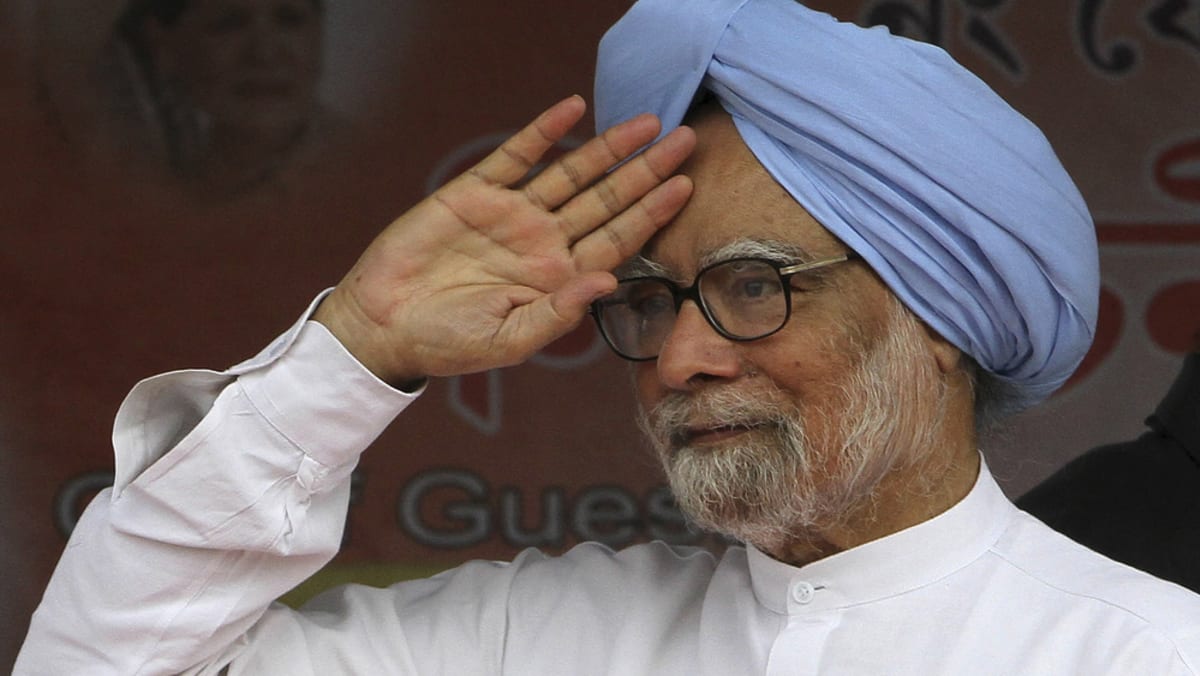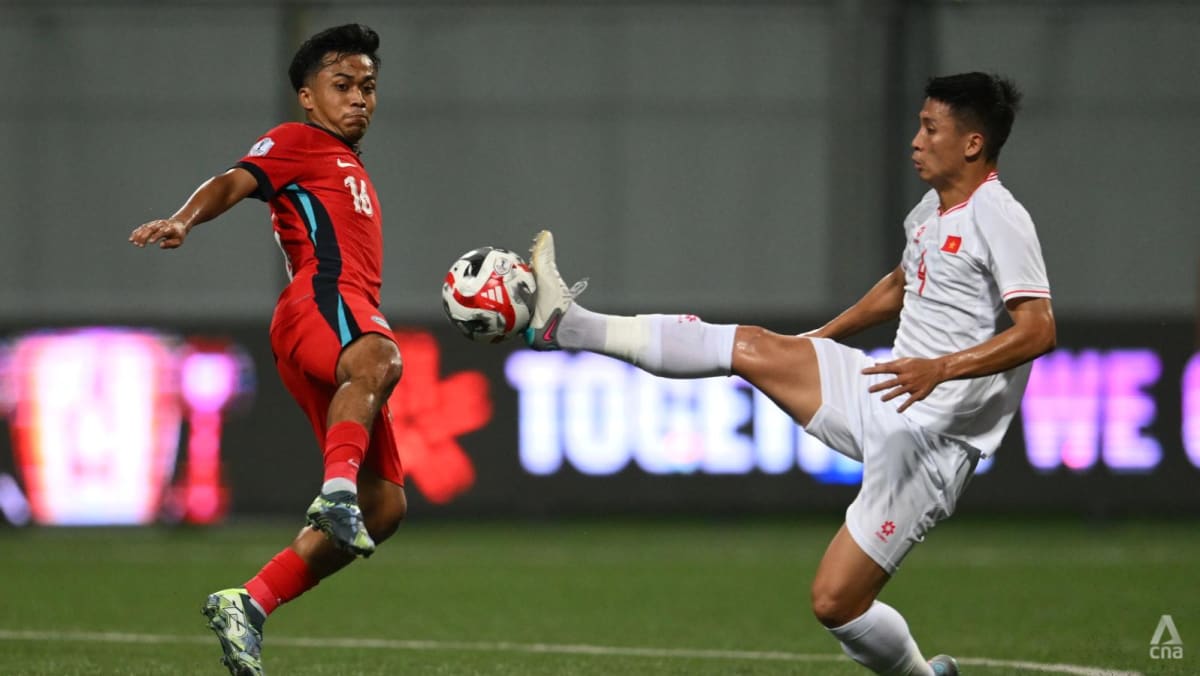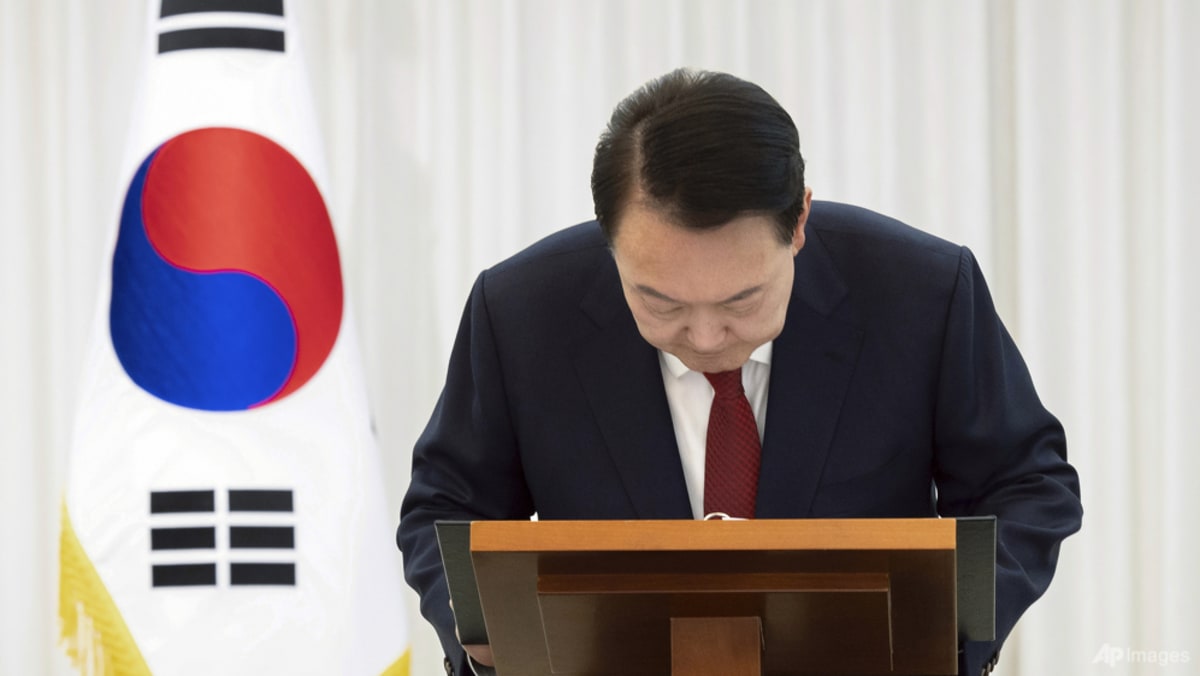Commentary: Deepening cracks over Najib pardon roil Malaysia’s political waters
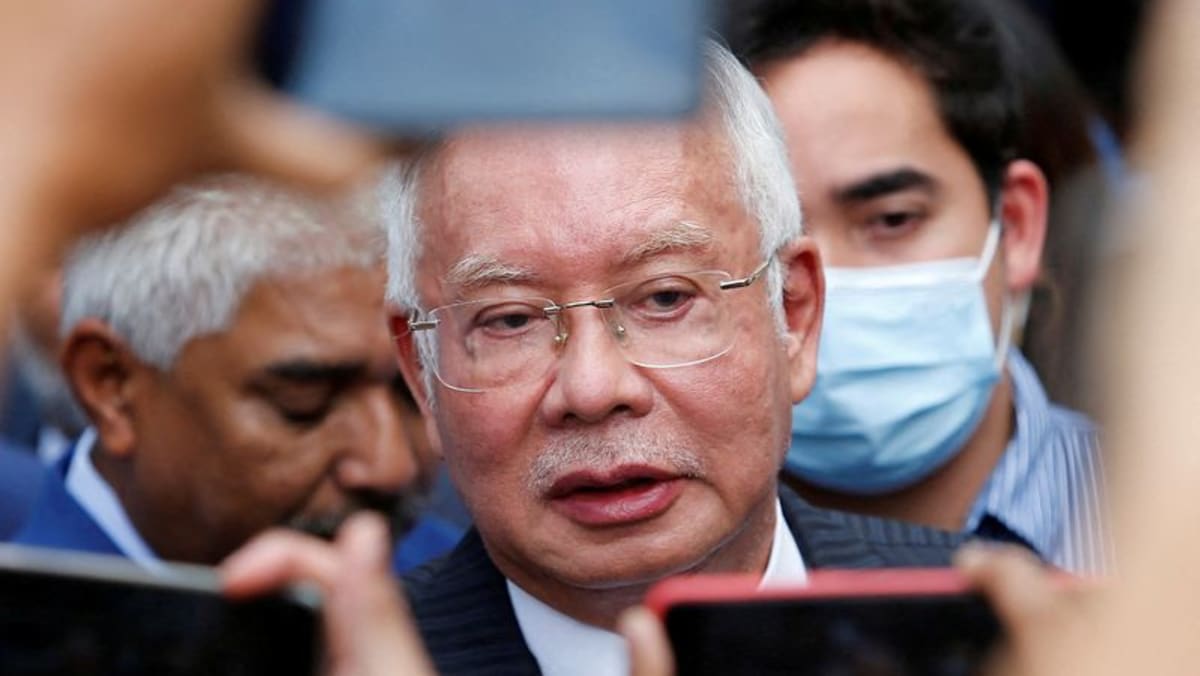
The pardons process in Malaysia is far from straightforward.
While Malaysia’s king has the sole discretion to grant a pardon to a convicted Malaysian citizen, the entire process is lengthy. A convicted person is only eligible to go before the Pardons Board after serving out what is considered to be a reasonable period of time commensurate to his jail sentence, and in Najib’s case, several lawyers have privately suggested that it could mean between two to three years.
Najib, the first Malaysian prime minister to be imprisoned, began serving his jail term in August last year.
Lawyers also noted that the optics of granting a pardon so quickly to Najib, who is facing other corruption charges in separate cases linked to 1MDB, would hurt investor confidence in Malaysia’s judicial system.
Senior UMNO leaders privately acknowledge that any pardon for Najib is premature. But they note that the pressures from the pro-Najib faction in UMNO reflect the party’s unsettled and restive internal dynamics.
While UMNO president Ahmad Zahid Hamidi, who is also deputy premier in Anwar’s Cabinet, has consolidated his position following the party’s recent congress in March, Najib’s influence among the party’s rank-and-file and its political warlords cannot be underestimated.
Several senior UMNO officials suggest that the pro-Najib forces make up at least 40 per cent of the party’s supreme council and these factions argue that Najib’s release would help the party renew its appeal among voters, particularly the dominant ethnic Malay community that make up more than 60 per cent of the population.
It is a weak argument, but it spotlights how Najib remains a divisive figure in Malaysian politics.
Leslie Lopez is a senior correspondent at CNA Digital who reports on political and economic affairs in the region.
Source: CNA



